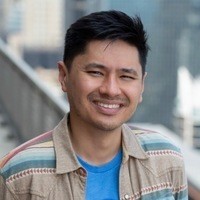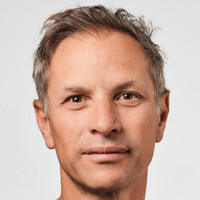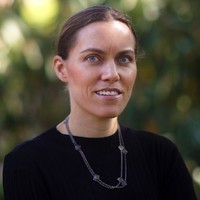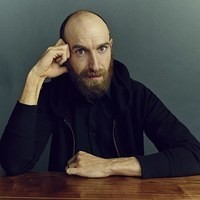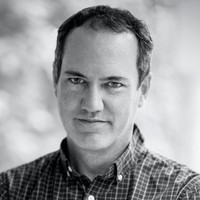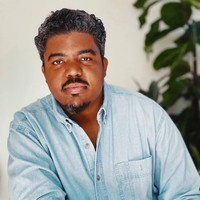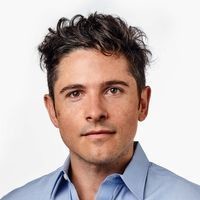Magicland
On the oeuvre of Glenn Beck:
"The undisputed high point of Beck’s tenure in Baltimore was an elaborate prank built around a nonexistent theme park. The idea was to run a promotional campaign for the fictional grand opening of the world’s first air-conditioned underground amusement park, called Magicland. According to Beck and Gray, it was being completed just outside Baltimore. During the build-up, the two created an intricate and convincing radio world of theme-park jingles and promotions, which were rolled out in a slow buildup to the nonexistent park’s grand opening… On the day Magicland was supposed to throw open its air-conditioned doors, Beck and Gray took calls from enraged listeners who tried to find the park and failed. Among the disappointed and enraged was a woman who had canceled a no-refund cruise to attend the event." — from Alexander Zaitchik’s Common Nonsense: Glenn Beck and the Triumph of Ignorance
